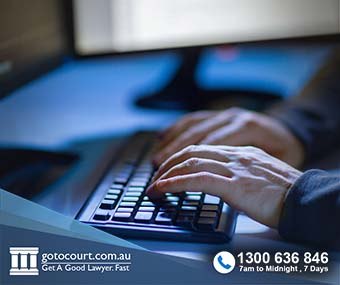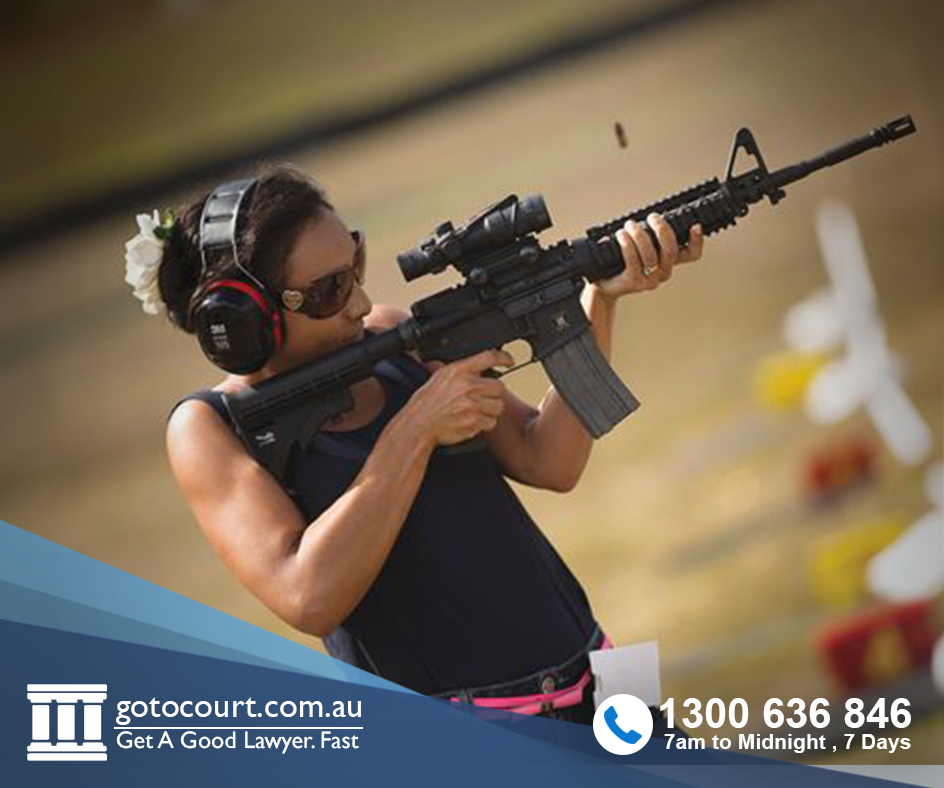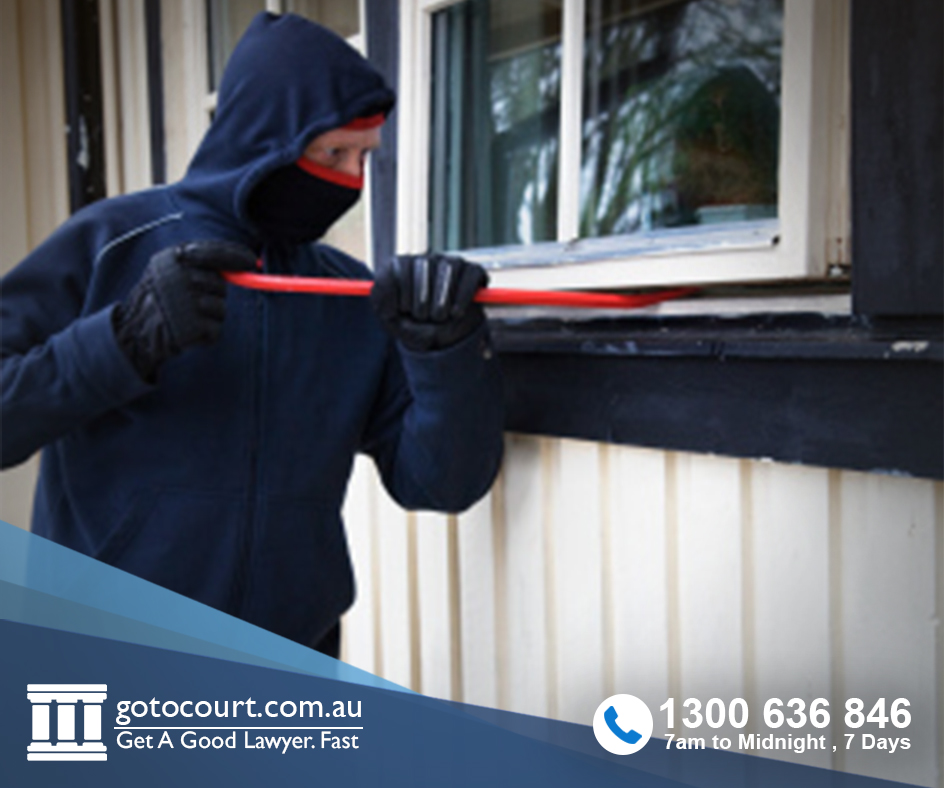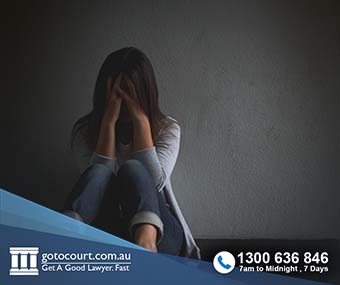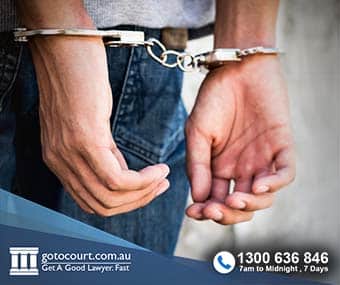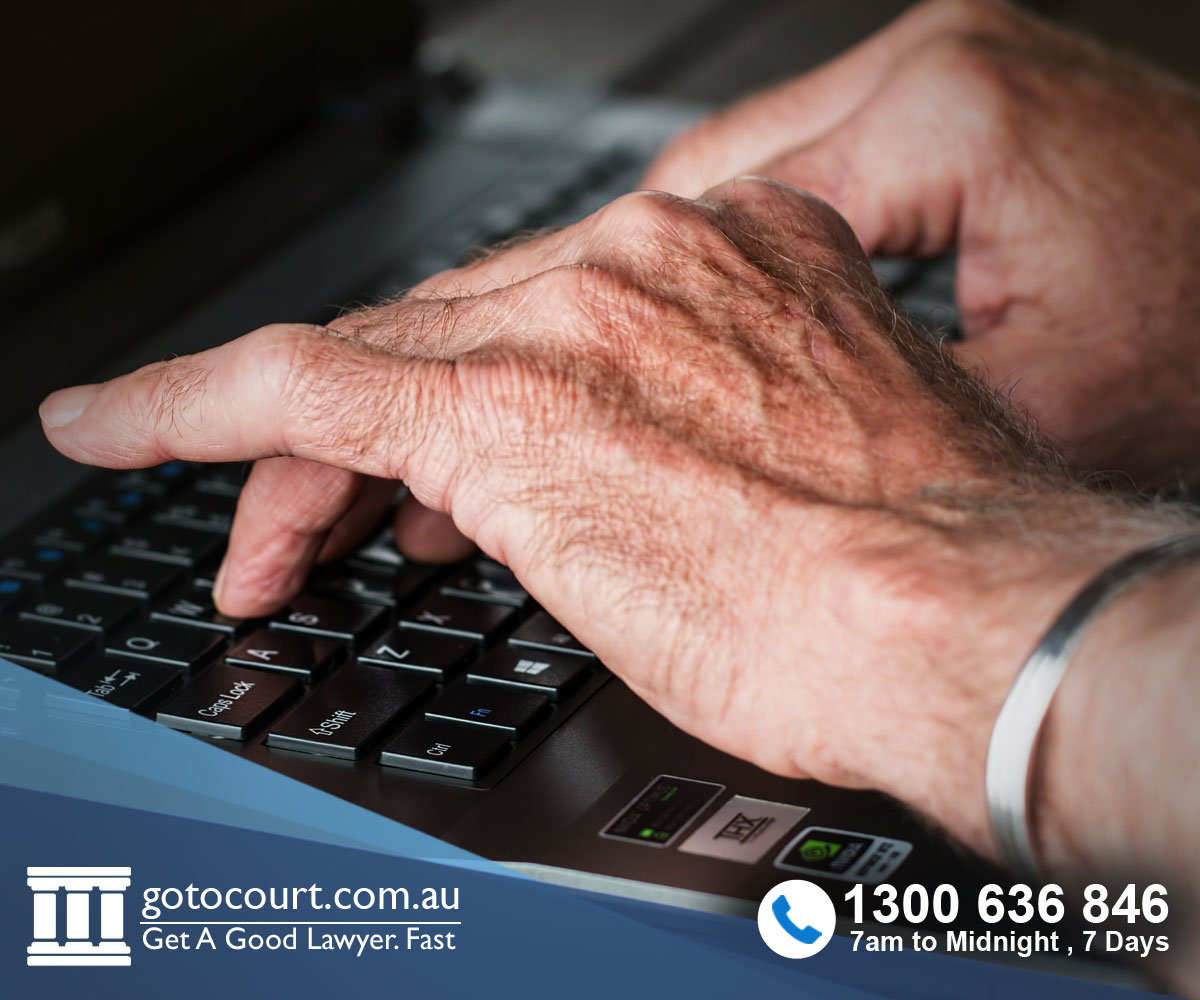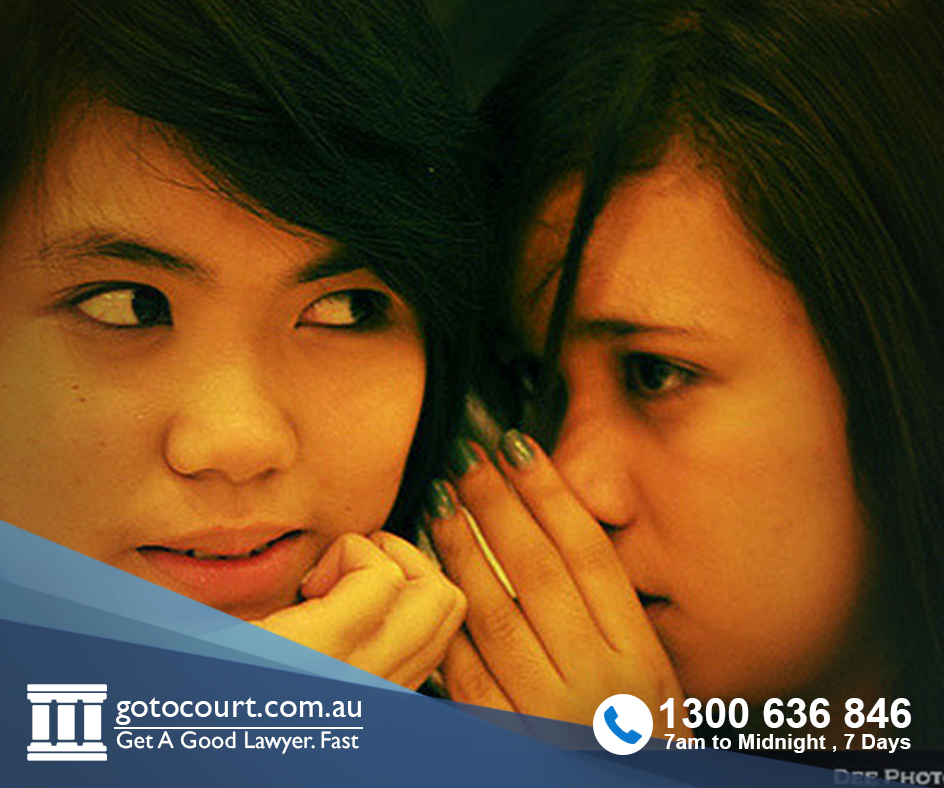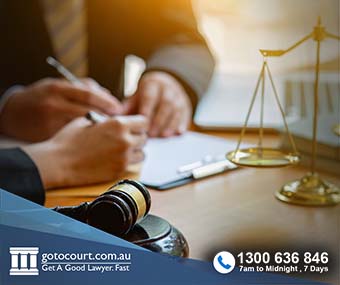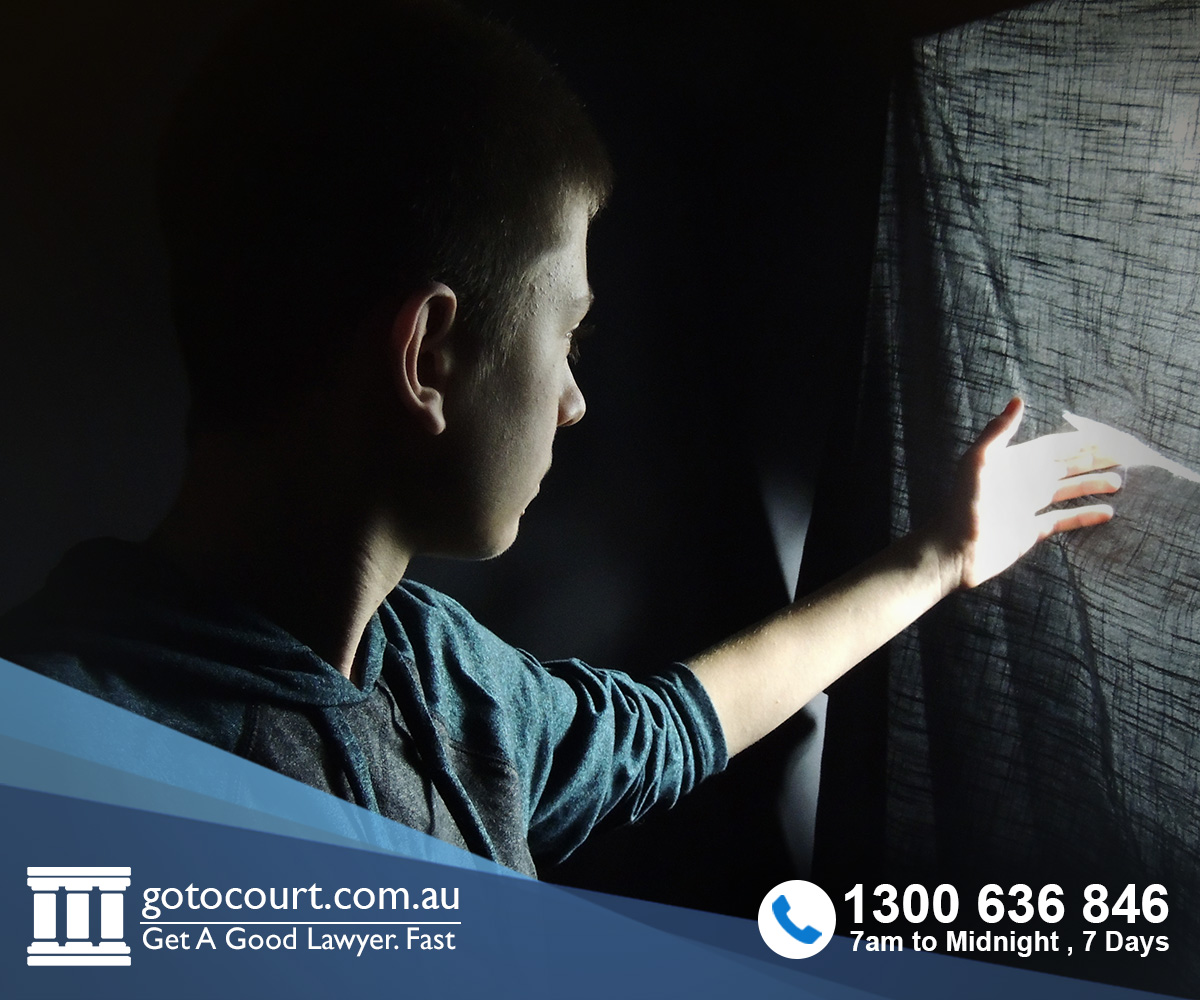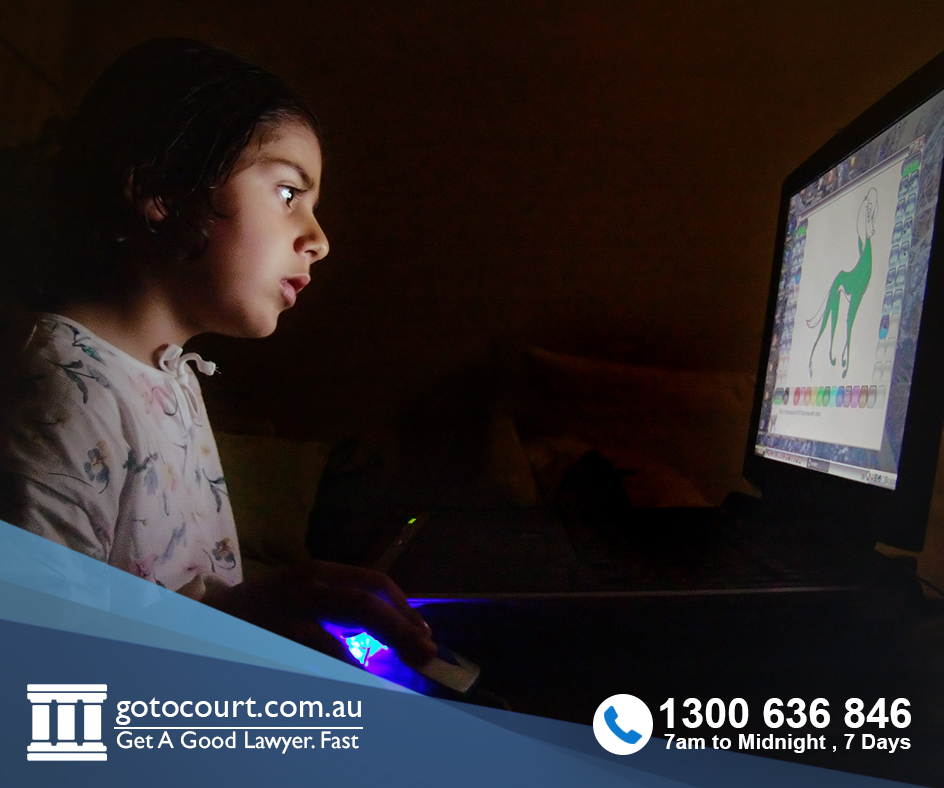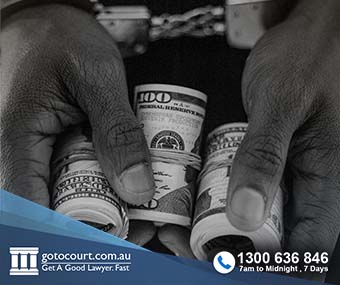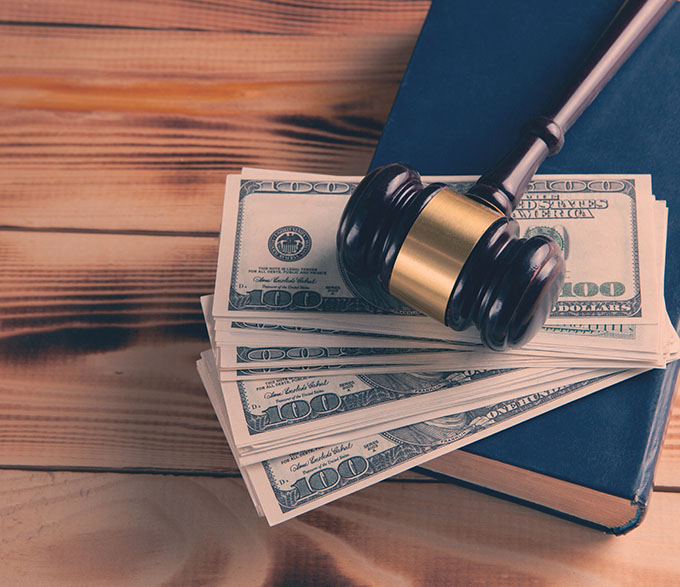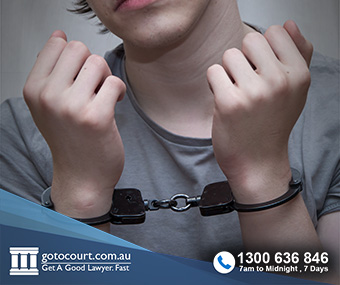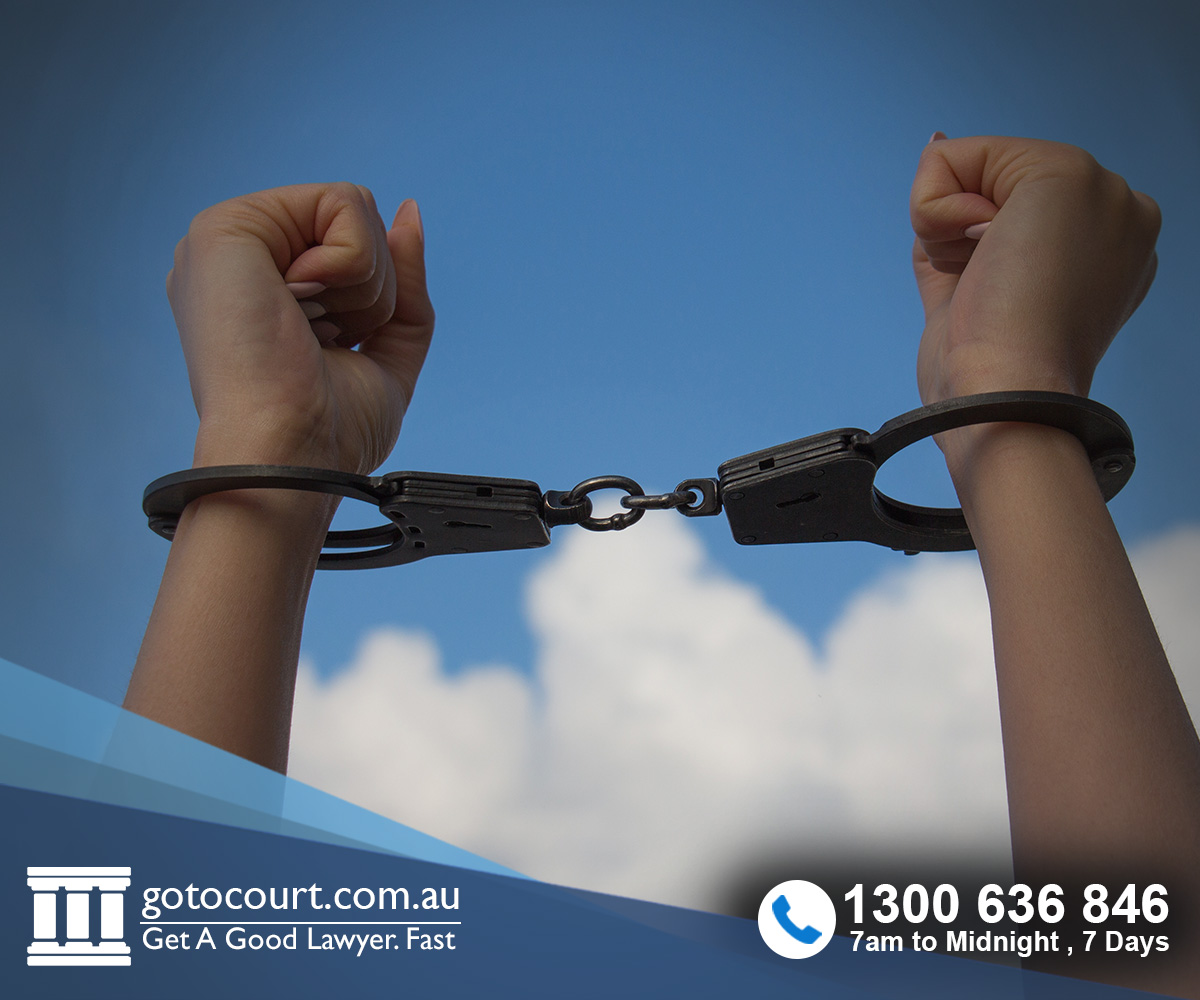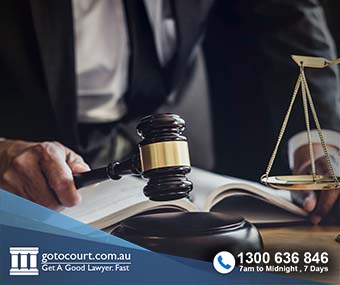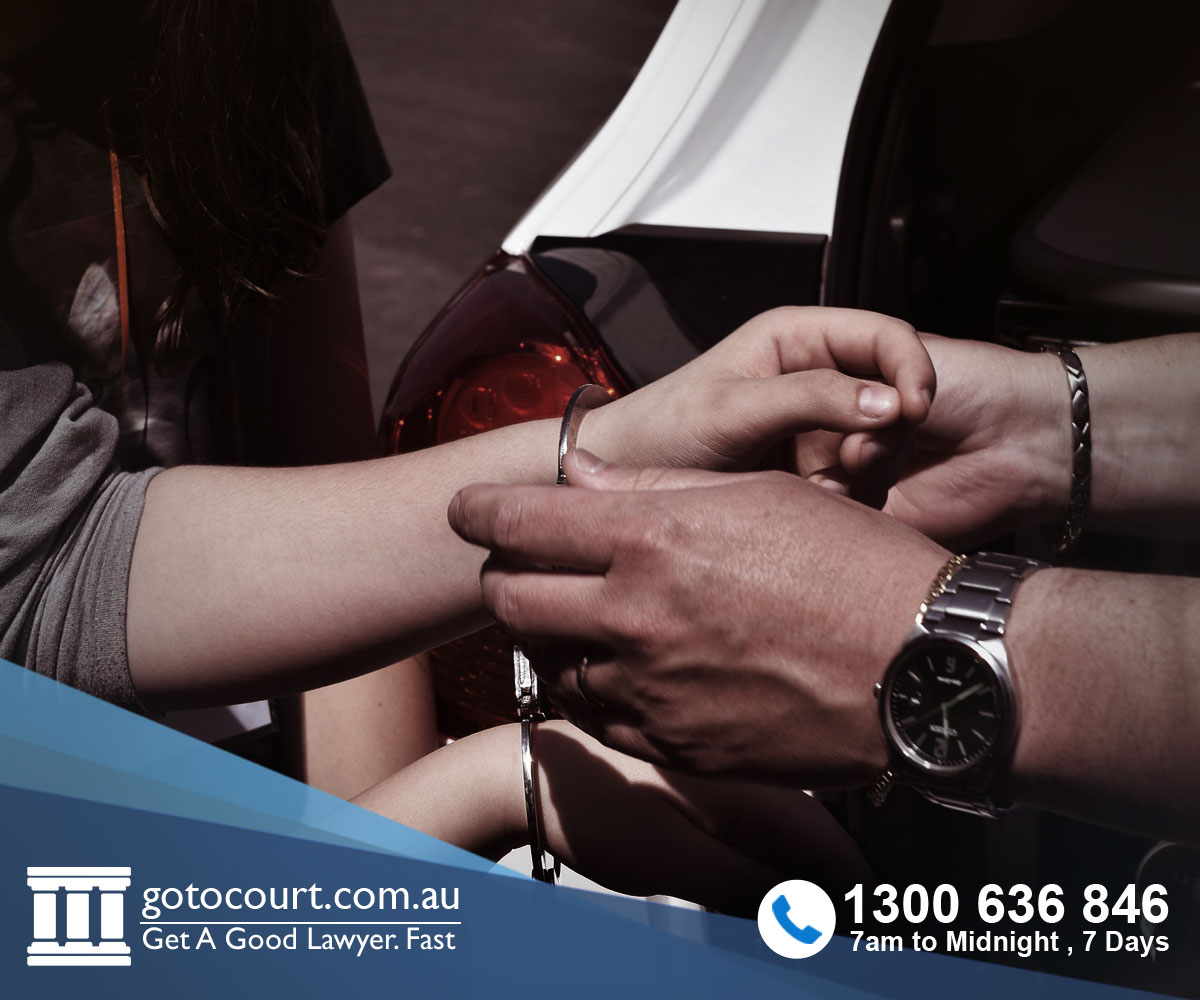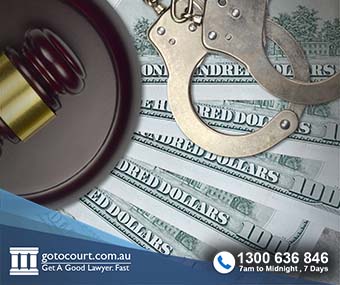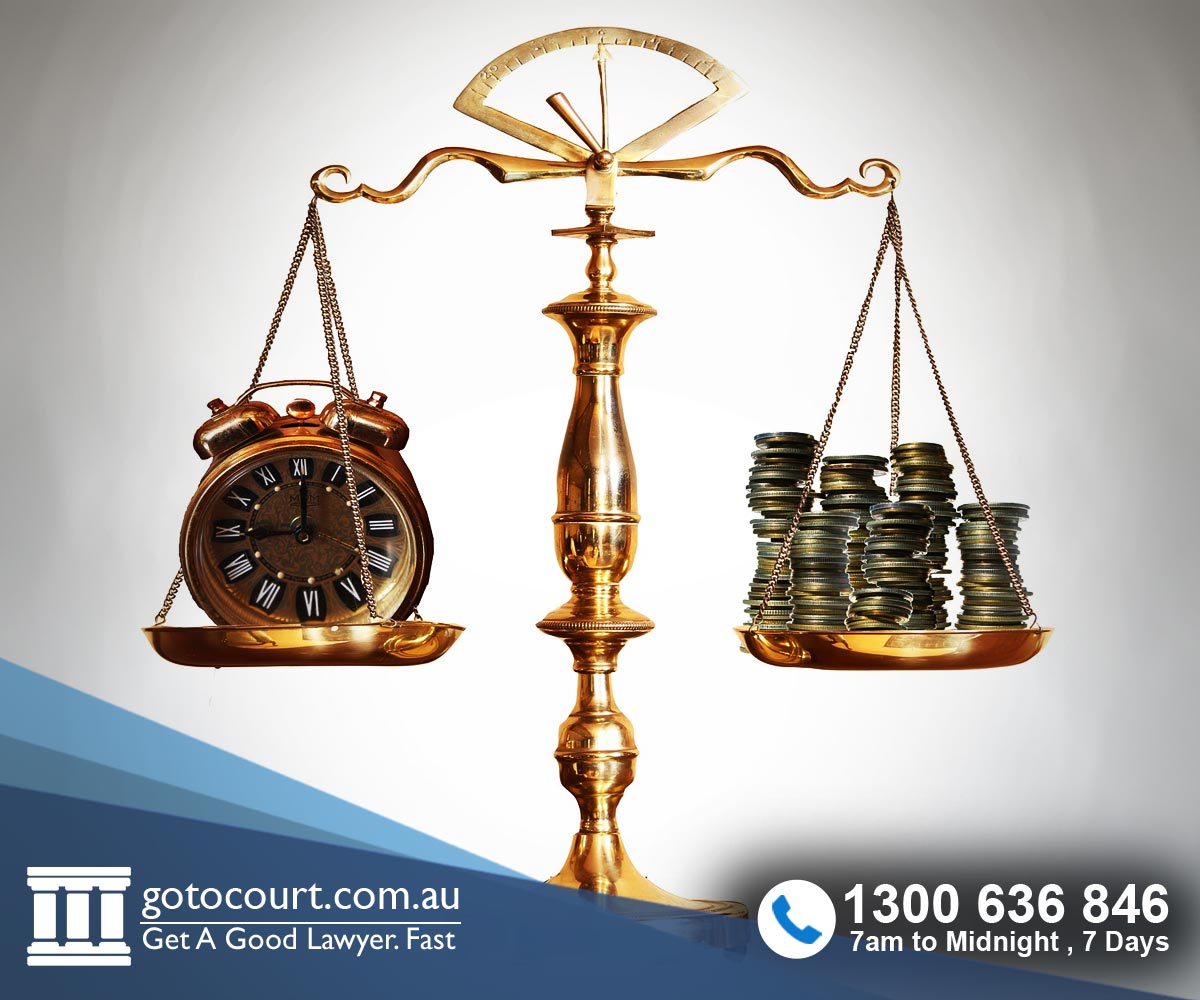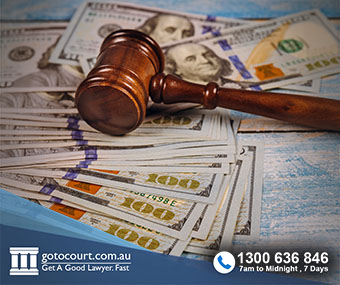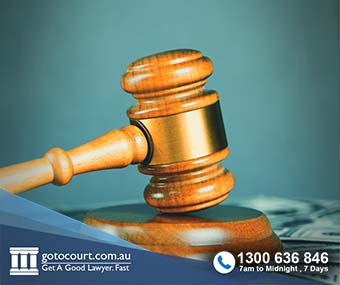Applying for Bail in the Supreme Court (Qld)
Applying for Bail in the Supreme Court (Qld)
When a person is charged with a criminal offence in Queensland, they are either granted bail or remanded. Bail can be granted by police or by a court. If a person is facing serious charges on indictment, bail will be decided by the District Cout or Supreme Court. The Supreme Court also considers applications for review of a decision by a magistrate about bail. This page deals with applying for bail in the Supreme Court and District Court in Queensland.
Applying for bail in the Supreme Court where no indictment has been presented
If a person has been charged with an offence on indictment, but the indictment has not yet been presented to the Supreme Court or District Court, any application for bail must be made in the Supreme Court.
The application must be initiated by filing a Form 2 – Application For Bail in the Supreme Court and a Form 11 – Affidavit of Justification. If the applicant has made previous bail applications that have been refused, they must set out the changes of circumstances that justify another application being made.
Applying for bail where an indictment has been presented
If a person has been charged with an offence on indictment and the indictment has been presented to the Supreme Court or District Court, the person may apply for bail in whichever court the indictment was presented in.
This application must be initiated by filing a Form 3 – Application for bail in the court before which the indictment was presented.
Is there an unacceptable risk?
In deciding whether to grant bail to a person, a court will have regard to the matters set out in section 16 of the Bail Act 1980. A court will not grant bail if there is an unacceptable risk that the defendant:
- would fail to appear at court;
- would commit an offence while on bail
- would interfere with witnesses or obstruct the course of justice;
- would endanger the safety of welfare of a person.
In assessing whether there is an unacceptable risk, the court will consider the following:
- The nature of the offence;
- The applicant’s character, antecedents, background, home environment and employment;
- The applicant’s bail history;
- The strength of the case;
- If the applicant in Indigenous, cultural considerations and their relationship to their community;
- Whether the applicant has promoted terrorism or in associated with a terrorist group.
Show cause bail applications
If a person is charged with a ‘show cause’ offence, they will be refused bail unless they can show cause why their detention is not justified.
‘Show cause’ offences include an indictable offence that is alleged to have been committed while they were awaiting trial for another indictable offence or with an indictable offence involving the use of a weapon, or in certain other circumstances set out in section 16(3).
A young person under 18 is not required to show cause in a bail application.
Bail conditions
If the Supreme Court or District Court grants a person bail, it may impose conditions to mitigate any risk posed by the person’s release.
Bail conditions may include
- The payment of a surety (by the applicant or by another person) that is forfeited if bail is breached;
- That the person reside at a specified address;
- That the person does not contact specified persons (such as co-accuseds or alleged victims);
- That the person does not attend specified locations;
- That the person abstain from alcohol or other drugs;
- That the person abide by a curfew;
- That the person does not leave a particular area;
- That the person must report to the local police on specified days;
- That the person must surrender their passport.
Bail reviews by the Supreme Court
If a person has been refused bail by the Magistrates Court or Children’s Court, they may apply to the Supreme Court for a review of that decision (Bail Act, section 19B). The review will be heard by a single judge of the Supreme Court.
Bail variations
If a person is granted bail with conditions and their circumstances subsequently change, they may seek a variation of those conditions. Bail can be varied by the court that granted bail, by the court in which the indictment was presented, or by the Supreme Court if the court considers it is necessary or desirable to do so.
If you require legal advice or representation in any legal matter, please contact Go To Court Lawyers.

Affordable Lawyers
Our Go To Court Lawyers will assist you in all areas of law. We specialise in providing legal advice urgently – at the time when you need it most. If you need a lawyer right now, today, we can help you – no matter where you are in Australia.How It Works




1. You speak directly to a lawyer
When you call the Go To Court Legal Hotline, you will be connected directly to a lawyer, every time.

2. Get your legal situation assessed
We determine the best way forward in your legal matter, free of charge. If you want to go ahead and book a face-to-face appointment, we will connect you with a specialist in your local area.

3. We arrange everything as needed
If you want to go ahead and book a fact-to-face appointment, we will connect you with a specialist in your local area no matter where you are and even at very short notice.

